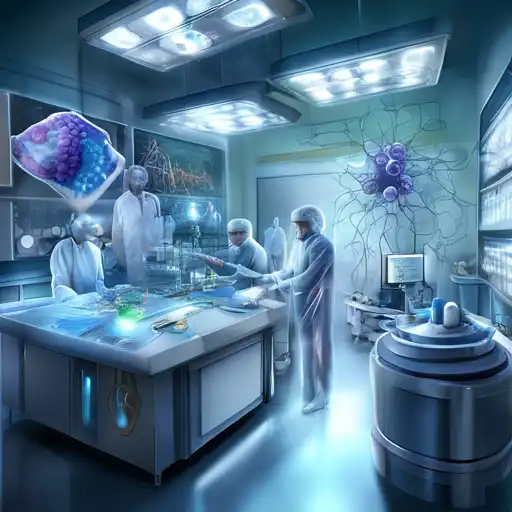Introduction to Nanotechnology in Medicine
Nanotechnology, the science of manipulating matter at the atomic and molecular scale, is set to revolutionize the medical field. With its ability to operate at the same scale as biological molecules, nanotechnology offers unprecedented opportunities for diagnosis, treatment, and prevention of diseases. This article explores the groundbreaking advancements and potential of nanotechnology in medicine.
The Promise of Nanotechnology in Healthcare
Nanotechnology in medicine, often referred to as nanomedicine, involves the use of nanoparticles to deliver drugs, heat, light, or other substances to specific cells in the body. This precision targeting minimizes damage to healthy cells and maximizes the therapeutic effects, heralding a new era in treatment methodologies.
Key Applications of Nanotechnology in Medicine
- Drug Delivery: Nanoparticles can be engineered to deliver drugs directly to diseased cells, reducing side effects and improving efficacy.
- Diagnostic Techniques: Nanotechnology enhances imaging techniques, allowing for earlier and more accurate diagnosis of diseases.
- Regenerative Medicine: Nanomaterials are being used to repair or replace damaged tissues and organs.
- Cancer Treatment: Targeted nanoparticle therapies are showing promise in treating various types of cancer with fewer side effects.
Challenges and Ethical Considerations
Despite its potential, the integration of nanotechnology into medicine faces several challenges, including safety concerns, ethical issues, and the need for regulatory frameworks. Ensuring the biocompatibility of nanomaterials and addressing public concerns are crucial steps toward widespread adoption.
The Future of Nanotechnology in Medicine
The future of nanotechnology in medicine is bright, with ongoing research paving the way for more innovative applications. From personalized medicine to the development of nanorobots for surgery, the possibilities are endless. As we continue to explore the nanoscale, the next big thing in medicine is already here.
For more insights into the future of healthcare technology, explore our articles on health tech trends and innovative medical treatments.
